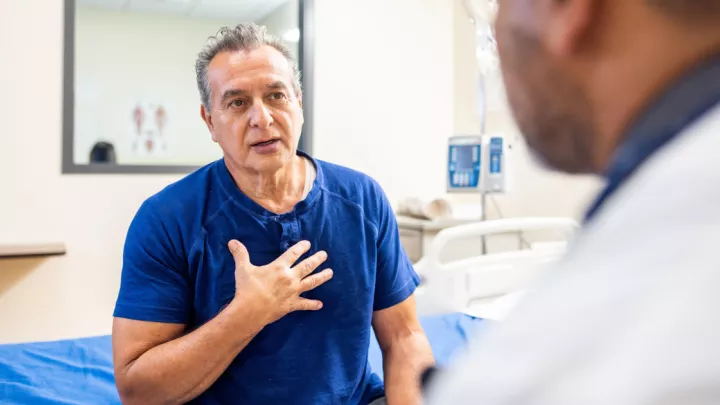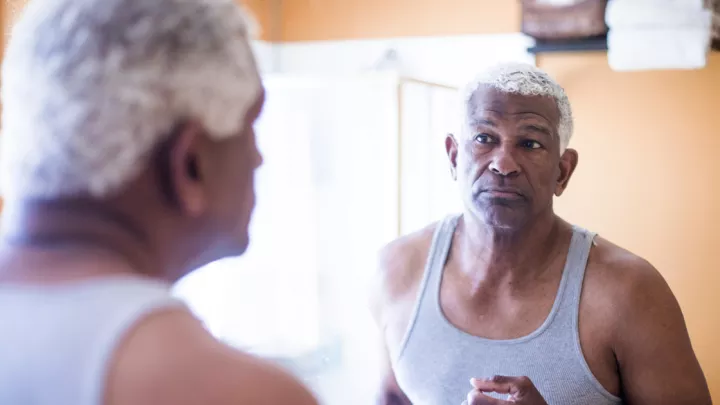When to seek a second opinion for a cancer diagnosis

When you’ve been diagnosed with cancer, it’s normal to have questions about the next steps in your care. A second opinion from a pathology specialist can:
- Confirm your diagnosis.
- Give you a chance to discuss treatment options.
- Help you feel more confident in your path forward.
But how do you go about getting that second pathology opinion?
“A good place to start is by talking to your current provider,” says pathologist Joseph Khoury, MD. “If you’ll be receiving treatment somewhere other than where you got your original cancer diagnosis, a second opinion will likely be a part of your care.”
If your doctor doesn’t have access to the full range of testing or treatment for the type of cancer you have, you may be referred to another institution. The new hospital will review your original pathology to confirm your diagnosis before moving forward with treatment.
However, even if you will not be going anywhere else for your cancer care, a second opinion can offer assurance that the right diagnosis was given. A conversation with your provider on this topic may help.
Who provides a second pathology opinion?
Pathologists work behind the scenes to evaluate biopsies and oversee laboratory operations. In fact, around 70% of clinical decisions are based on the work of pathologists. Some pathologists are generalists; they evaluate pathology samples from all organ systems and different areas of the body. Others are sub-specialists, which means they focus on specific organ systems. This specialization can help them better navigate difficult cases. Sub-specialists can render their diagnosis using cutting-edge techniques and approaches.
What kind of testing is needed for a second pathology opinion?
To give a second opinion, a pathologist will need your relevant medical records, which in some instances might need to include imaging studies. However, key items that they will need include:
- Pathology slides (also known as a biopsy)
- Pathology reports
“Sometimes a case is referred from a practice with access to specialized methods, additional stains and techniques,” says Dr. Khoury. “In that case, the second reviewer might have all the information they need to confirm and support the original diagnosis.
However, if a patient is referred from a practice with limited diagnostic resources, there might be a need to repeat some tests or have additional testing to confirm the diagnosis. This may include:
- Additional stains
- Genetic testing
- Molecular testing
- Additional high-complexity testing
These forms of testing are most often found in facilities providing highly specialized, state-of-the-art health care.
“Sometimes, a patient's biopsy has findings that are difficult to classify,” explains Dr. Khoury. “It may take additional genetic testing, stains and procedures to distinguish between overlapping conditions and make a definitive final diagnosis.”
Will getting a second pathology opinion affect my treatment?
A second opinion can also help determine the best course of treatment. Patients who’ve had a full complement of biomarker tests may be offered additional treatment options. Biomarker tests can determine whether a patient will be responsive to certain targeted therapies.
Nebraska Medicine pathologists are leaders in their field, writing guidelines and presenting at national and international meetings. They work very closely with physicians in other specialties, primarily oncologists and surgeons, holding regular meetings to discuss new and challenging cases. In these meetings, also called tumor boards, diagnosis and treatment options are discussed by experts to determine the best way to treat a patient.







